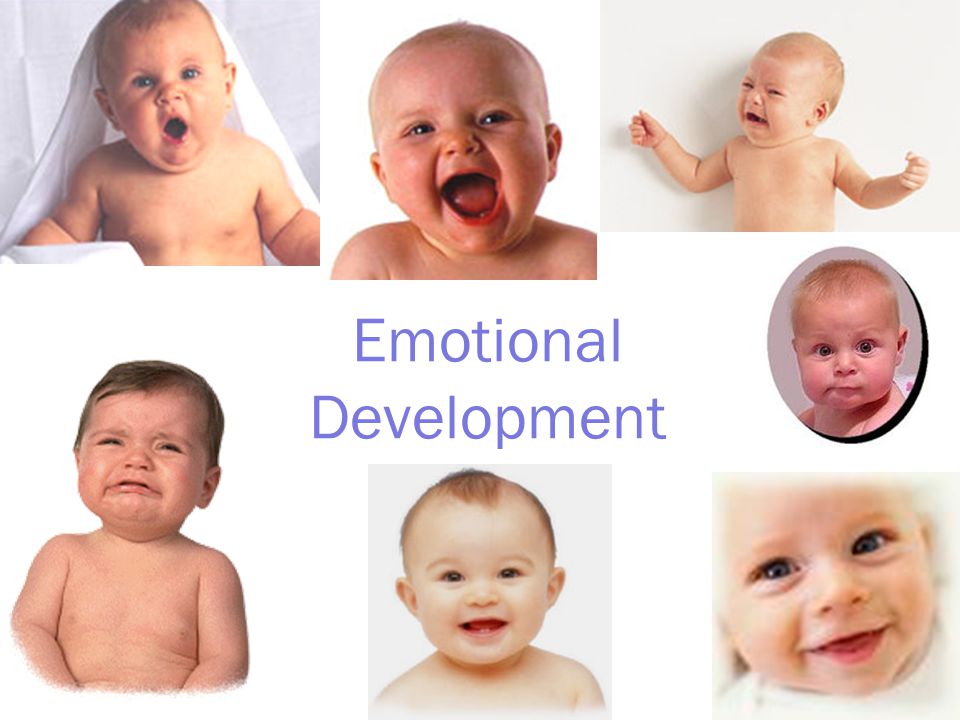 Source: bing.com
Source: bing.comAs parents, we want our babies to grow up to be strong, happy, and well-adjusted. But did you know that emotional development plays a huge role in achieving these goals? Understanding your baby’s emotions and helping them learn how to express themselves can set them on a path to success. In this article, we’ll explore the different stages of baby emotional development and what you can do to support your little one.
Table of Contents
From Birth to 3 Months: Building Trust
The first three months of a baby’s life are crucial for building trust and security. During this time, your baby will rely on you for everything, and you’ll begin to learn their cues and preferences. To support your baby’s emotional development during this stage:
- Respond promptly to your baby’s cries
- Show physical affection through holding, cuddling, and skin-to-skin contact
- Use a soothing, reassuring tone of voice
By providing consistent care and comfort, you’ll help your baby feel safe and secure in their new world.
From 4 to 6 Months: Developing Bonds
As your baby grows and becomes more aware of their surroundings, they’ll begin to develop stronger bonds with you and other family members. During this stage, you can support your baby’s emotional development by:
- Engaging in interactive play, such as peek-a-boo, tickling, and singing
- Making eye contact and smiling at your baby
- Encouraging socialization by introducing your baby to other people and babies
By providing positive interactions and experiences, you’ll help your baby develop important social and emotional skills.
From 7 to 9 Months: Exploring Emotions
At this stage, your baby will start to express a wider range of emotions, including joy, anger, and frustration. They’ll also begin to understand cause and effect, and may become upset when things don’t go their way. To support your baby’s emotional development during this stage:
- Encourage your baby to explore their environment and play with different toys
- Use simple language to label emotions and explain why your baby may feel a certain way
- Provide a safe environment for your baby to experiment with their emotions
By acknowledging and validating your baby’s feelings, you’ll help them develop a healthy emotional intelligence.
From 10 to 12 Months: Becoming Independent
As your baby approaches their first birthday, they’ll begin to assert their independence and may become frustrated when they’re not allowed to do something they want to do. To support your baby’s emotional development during this stage:
- Encourage your baby to explore their environment and try new things
- Provide safe boundaries and limits to help your baby feel secure
- Show empathy and understanding when your baby becomes upset
By helping your baby become more independent while also providing support and guidance, you’ll help them build a strong sense of self.
Frequently Asked Questions About Baby Emotional Development
What is emotional development in babies?
Emotional development in babies refers to the process of learning to recognize, understand, and express emotions. It involves developing social skills, self-awareness, and empathy.
How can I support my baby’s emotional development?
You can support your baby’s emotional development by responding promptly to their cries, engaging in interactive play, using simple language to label emotions, and providing a safe environment for them to explore and experiment with their emotions.
When do babies start to express emotions?
Babies start to express emotions from birth, but they become more expressive and varied as they grow and develop. By around 7 months, babies can express a wider range of emotions, including joy, anger, and frustration.
What are some signs that my baby is developing emotionally?
Some signs that your baby is developing emotionally include responding to your voice and touch, making eye contact and smiling, and experimenting with different facial expressions.
How can I help my baby become more independent?
You can help your baby become more independent by encouraging them to explore their environment, providing safe boundaries and limits, and showing empathy and understanding when they become upset.
In conclusion, understanding your baby’s emotional development is crucial for helping them grow into happy, healthy, and well-adjusted individuals. By providing consistent care and support, you can help your baby develop important social and emotional skills that will benefit them throughout their lives.
